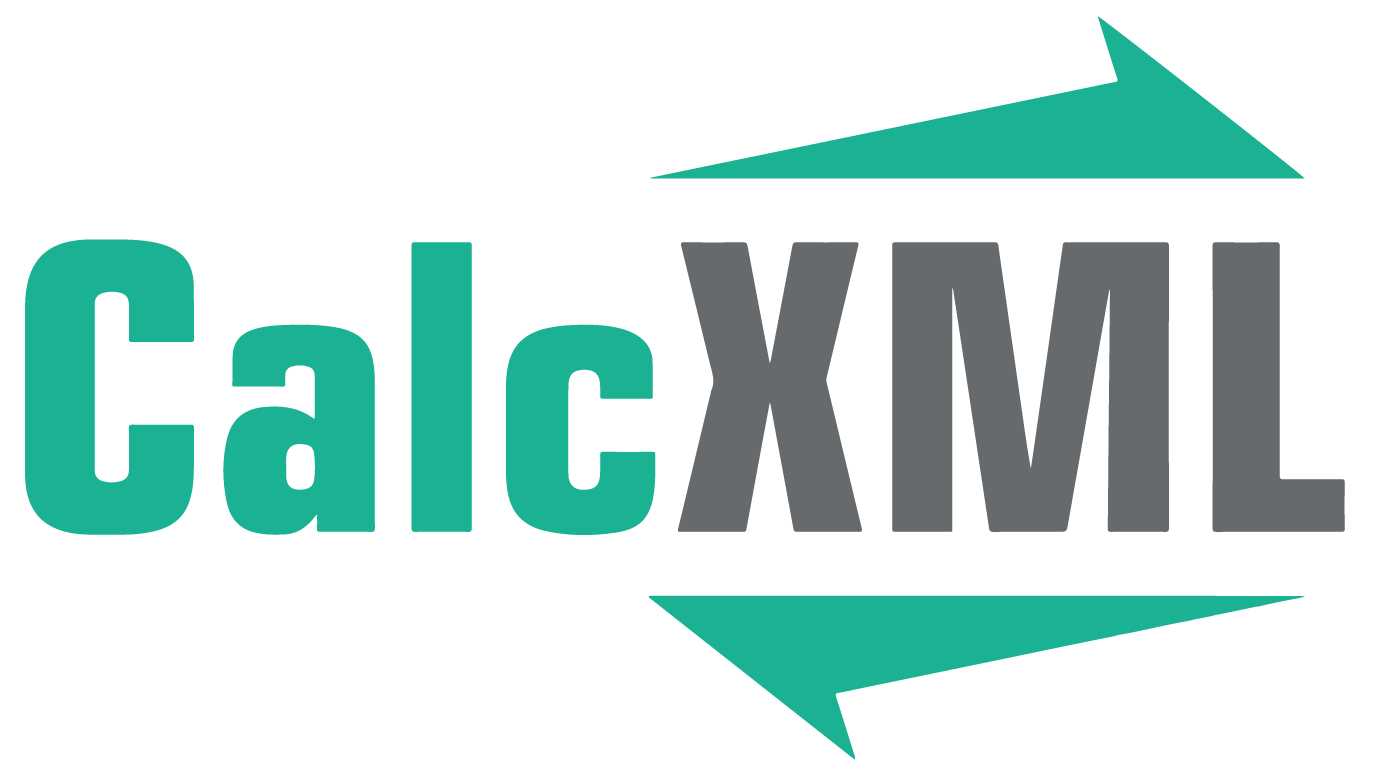Debt Calculator
Do I have too much debt?
How much debt is too much? Use this debt calculator to help gauge your total debt level and what steps might need to be taken to improve your situation. Remember, there are many factors to consider when calculating debt, but the following three factors will help you start to understand if your debt is manageable.
This information may help you analyze your financial needs. It is based on information and assumptions provided by you regarding your goals, expectations and financial situation. The calculations do not infer that the company assumes any fiduciary duties. The calculations provided should not be construed as financial, legal or tax advice. In addition, such information should not be relied upon as the only source of information. This information is supplied from sources we believe to be reliable but we cannot guarantee its accuracy. Hypothetical illustrations may provide historical or current performance information. Past performance does not guarantee nor indicate future results.






